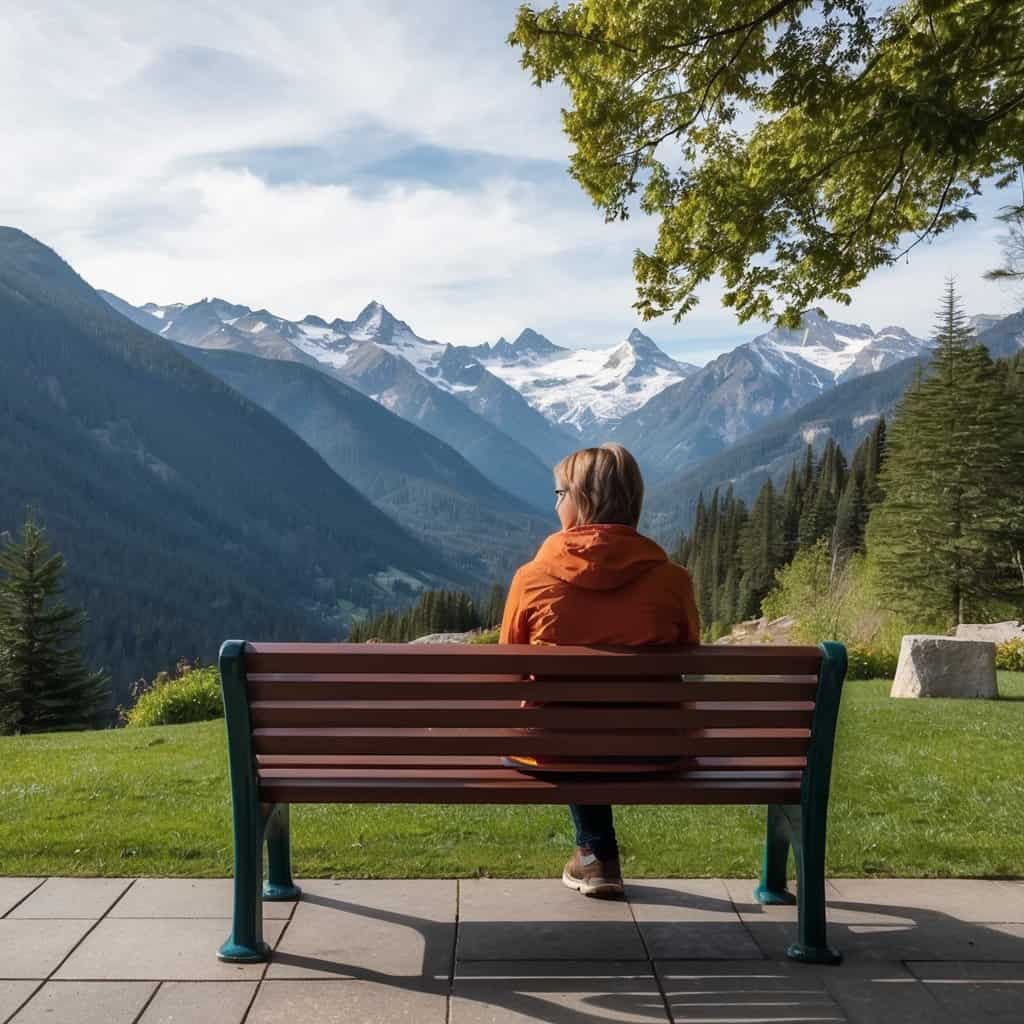What is Social Anxiety?
Activities that most people would not think twice about can cause significant distress for those dealing with social anxiety.
Social anxiety includes a fear of being judged, criticized, or embarrassed that others will notice their anxiety. These fears join, and every situation is seen as a catastrophe, assuming the worst possible outcomes.
How Common Is Social Anxiety?
Mental Health America states approximately 15 million adults in the United States have a social anxiety disorder or put in percentages – seven percent of the adult population.
Social anxiety is second in the rankings of common anxiety disorders and typically starts during the teenage years. However, about 75 percent of people who develop social anxiety will experience symptoms before adulthood.
How Social Anxiety Impacts Participation in Leisure Activities
Some individuals will struggle to get through interactions, while others avoid engaging with people altogether. So the impact on participation in activities is limited.
1. Work and School
Social anxiety can impact a person’s functioning at work or school. For example, meeting with a boss, a client, or a teacher can bring on feelings of fear and panic. In addition, large groups of people in a classroom or staff meeting can be particularly challenging.
2. Relationships
Friendships and romantic relationships are also affected by social anxiety. So, meeting a new friend, dating, or talking with strangers can be overwhelming. People who experience social anxiety prefer one-on-one activities with friends instead of group settings.
3. Public Places
Social anxiety can interfere with an individual’s ability to engage in everyday tasks. For example, purchasing items at a store can be challenging due to the number of people present and interacting with the cashier. Using public washrooms, going to a theatre, and public transportation can also present difficulties.
4. Eating in Public
Eating in public alone brings fears of eating or drinking in front of others. The anxiety then escalates as the fear of people watching or judging them begins, and they may choose to eat only in private. Avoiding restaurants and cafeterias is typical behavior.
5. Strangers
People with social anxiety often have a more challenging time speaking with strangers than with friends or acquaintances. So dealing with others when applying for jobs or working with the public is very difficult.
Ways to Cope with Social Anxiety
Social anxiety is a temporary experience that may last several months or years for some people. For others, it is a lifelong challenge. Therefore, coping with social anxiety is crucial to living a satisfying and enjoyable life.
1. Health Basics
Ensure the basic building blocks of health are taken care of, eating healthy, exercising, and getting adequate sleep. These three factors greatly influence a person’s well-being.
2. Mindfulness
It can help to reduce thoughts on the past or future, ruminating about previous experiences or worrying about tomorrow through a practice of mindfulness. Mindfulness helps you to stay focused in the present moment.
You can practice mindfulness through meditation. For example, the repetition of a mantra, breathing exercises, or simply observing one’s thoughts in silence. This practice does reduce overall anxiety and stress, both in the moment and over time. This guide will help you learn more about mindfulness Create a Better Life Through Mindfulness
3. Communication Skills
People who struggle with social anxiety have often avoided social interactions so long that their communication skills are weak. It can be helpful to practice these skills, either with a trusted friend or by oneself.
Focusing on one situation and practicing what will be said and how to respond to others will build confidence in social situations. For example, start small by saying hello to the bus driver every morning or talking to the same cashier at the grocery store and build from there, adding one or two people at a time.
Assertiveness is another skill that people with social anxiety often find difficult. Being able to express thoughts, beliefs, and feelings may need to be practiced to become comfortable.
4. Changing Thoughts
Repeated thoughts bring much discomfort in social anxiety, so working on changing or redirecting thoughts is helpful. For example, a person who is anxious about going to a restaurant may think that everyone will be watching them or they will embarrass themselves.
Challenging unhelpful and negative thoughts starts with recognizing when they happen and replacing them with a more positive thought.
5. Exposure to Activities
Avoiding activities that trigger social anxiety is not helpful in the long run. While it may feel better at the moment, it reinforces the notion that you shouldn’t participate in activities over time.
The ladder technique is one way to build exposure to social interactions in daily life slowly. Start with something small, for example, making eye contact with someone in the elevator. Then, move up to something slightly more challenging, such as saying hello to someone who passes on the street.
Gradually increasing exposure to events that appear challenging will, over time, increase a person’s ability to manage their social anxiety and participation in activities.
There are many no cost or low cost leisure activities that you can participate in to begin your journey.
6. Professional Help
A mental health professional will be valuable for individuals experiencing significant distress or unable to participate in work, school, or other activities.
Building a trusting relationship with a counselor or therapist can take time, particularly for people with social anxiety. However, seeking help can be the first step in building a more satisfying life.
Final Thoughts
Quality of life increases when we participate in leisure activities.
Our involvement enhances our social self, sense of belonging, purpose, enjoyment, confidence, self-worth, and self-love.
Social anxiety directly affects a person’s quality of life, but participation in leisure activities is still possible and helpful.






